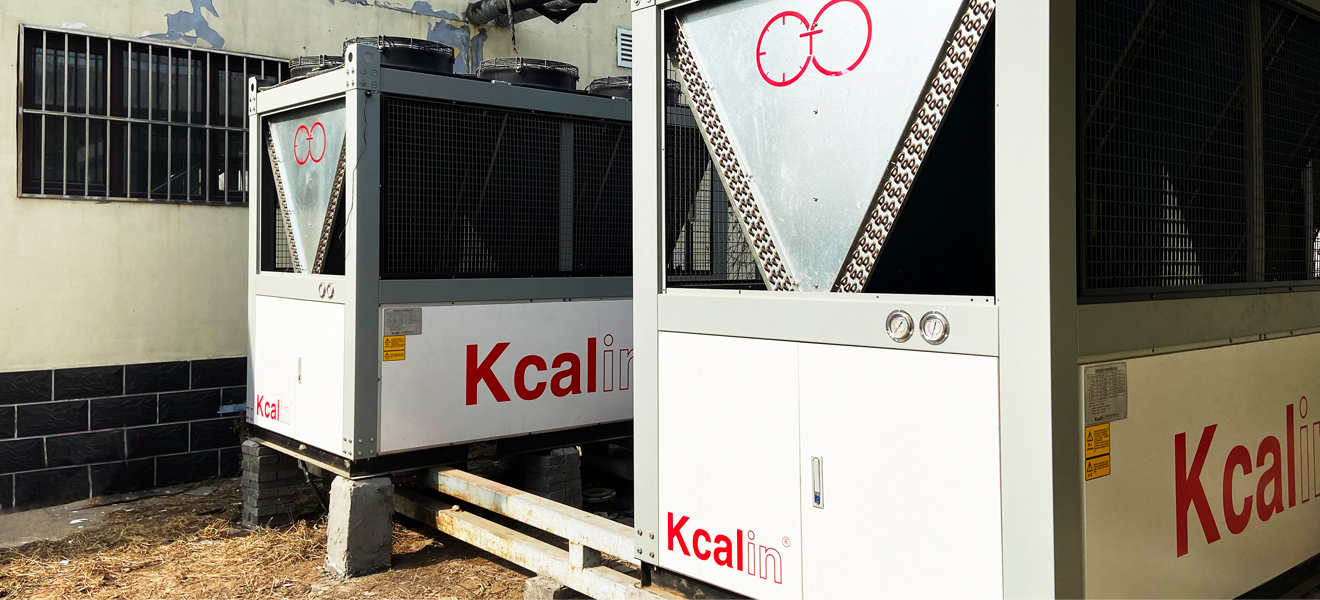In the industrial field, heating equipment consumes a huge amount of energy, and traditional heating methods are not only inefficient, but also emit a large amount of greenhouse gases and pollutants. As an emerging energy-saving technology, air energy heat pumps are gradually becoming an important direction for the innovation of large-scale industrial heating equipment.
The heating demand in the industrial sector is diverse and complex, including different locations such as production workshops, warehouses, and office areas. As an efficient and environmentally friendly heating equipment, air energy heat pumps have been applied in multiple industries.
Manufacturing: Production workshops and warehouses in the manufacturing industry usually require large-scale heating, and traditional heating methods are difficult to meet the requirements of efficiency and environmental protection. By installing an air energy heat pump system, stable and efficient heat sources can be provided, while reducing energy costs and environmental pollution.
Food processing: The food processing industry has high requirements for temperature control, especially in winter, maintaining a stable production environment is particularly important. Air energy heat pumps not only provide stable heat sources, but also achieve efficient energy utilization and reduce production costs through waste heat recovery technology.

Chemical industry: The chemical production process requires a large amount of thermal energy. Traditional coal-fired or gas boilers not only consume high energy, but also emit a large amount of pollutants. Air energy heat pump systems can replace traditional boilers, provide clean and efficient heat sources, reduce exhaust emissions, and improve environmental quality.
The application of air energy heat pumps in industrial heating not only improves energy utilization efficiency, but also brings energy-saving and emission reduction benefits. The following is a specific analysis of its benefits:
Energy cost reduction: Due to the high energy efficiency ratio of air energy heat pumps, the cost of generating unit heat energy is lower than traditional electric heating and coal-fired and gas boilers. Taking an industrial plant with an annual heating demand of 1 million kilowatt hours as an example, using air energy heat pumps can save about 50% of energy costs and save hundreds of thousands of dollars annually
Reducing carbon emissions: Air energy heat pumps mainly utilize the heat in the air, reducing the use of fossil fuels and lowering carbon dioxide emissions. Taking an industrial plant with an annual heating demand of 1 million kilowatt hours as an example, using air energy heat pumps can reduce approximately 500 tons of carbon dioxide emissions per year, equivalent to planting tens of thousands of trees.
Environmental protection: Air energy heat pumps use environmentally friendly refrigerants to avoid the damage of traditional refrigerants to the ozone layer and the exacerbation of the greenhouse effect. By reducing the emissions of harmful gases such as smoke, sulfur dioxide, and nitrogen oxides, air quality has been improved, which helps companies fulfill their social responsibilities and enhance their corporate image.
As an efficient and environmentally friendly heating technology, air energy heat pumps have broad application prospects in large-scale industrial heating equipment. By improving energy efficiency, reducing carbon emissions and environmental pollution, air energy heat pumps not only bring economic benefits to enterprises, but also make positive contributions to achieving sustainable development. With the continuous progress of technology and the continuous promotion of applications, it is believed that air energy heat pumps will play an important role in more industrial fields, promoting the innovation of industrial heating equipment.







Comment